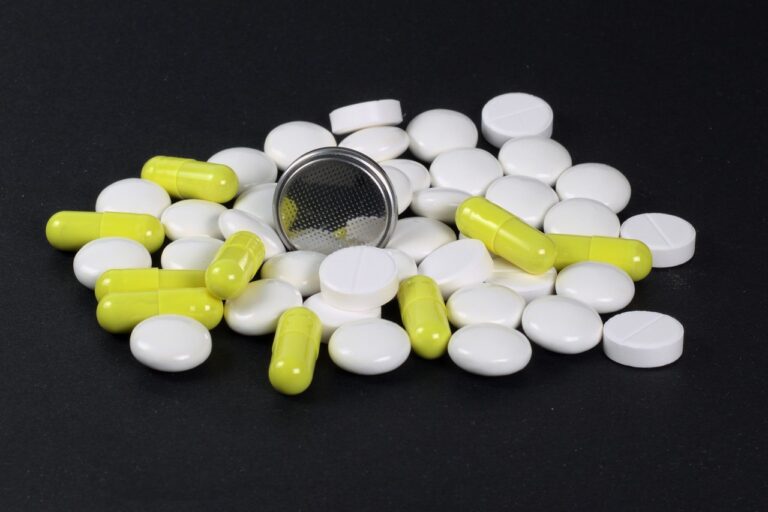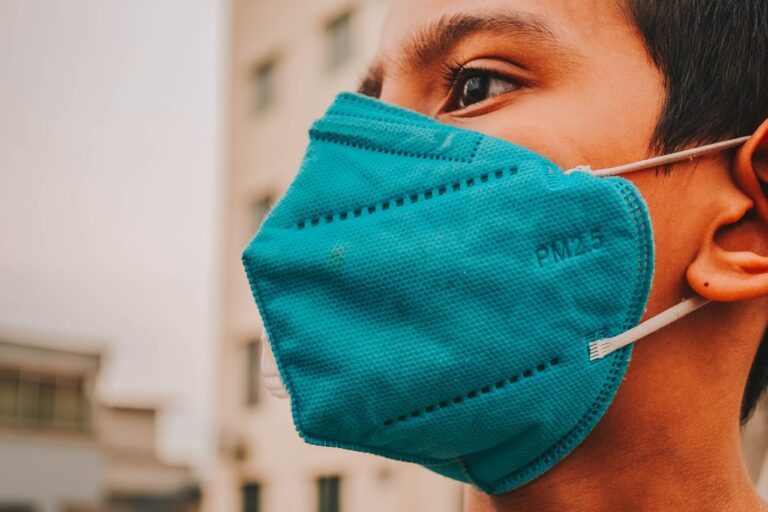The Impact of Diet on Vision
bit bhai 9, radhe exchange, lotus365.win login:Maintaining good vision is essential for our overall health and well-being. We rely on our eyesight in almost every aspect of our daily lives, from reading and driving to simply appreciating the world around us. While genetics play a significant role in determining our vision health, our diet also plays a crucial role in maintaining healthy eyes.
The impact of diet on vision is often overlooked, but the foods we consume can have a direct effect on the health of our eyes. A diet rich in certain nutrients can help prevent vision problems like cataracts, macular degeneration, and dry eyes. On the other hand, a poor diet lacking essential nutrients can contribute to vision problems and eye diseases.
In this article, we will explore the connection between diet and vision, highlighting the key nutrients that are essential for maintaining healthy eyesight. We will also provide tips on how to incorporate these nutrients into your diet to support optimal eye health.
The Role of Nutrients in Eye Health
Certain nutrients play a crucial role in maintaining healthy eyesight and preventing vision problems. Incorporating these nutrients into your diet can help protect your eyes and promote good vision throughout your life.
1. Vitamin A
Vitamin A is essential for good vision, as it helps maintain the health of the retina, the light-sensitive tissue at the back of the eye. A deficiency in vitamin A can lead to night blindness and other vision problems. Foods rich in vitamin A include carrots, sweet potatoes, spinach, and bell peppers.
2. Vitamin C
Vitamin C is a powerful antioxidant that helps protect the eyes from damage caused by free radicals. It also supports the health of blood vessels in the eyes. Citrus fruits, strawberries, kiwi, and bell peppers are excellent sources of vitamin C.
3. Vitamin E
Like vitamin C, vitamin E is a potent antioxidant that can help protect the eyes from oxidative damage. Nuts, seeds, and vegetable oils are good sources of vitamin E.
4. Zinc
Zinc is an essential mineral that plays a key role in maintaining healthy eyesight. It helps transport vitamin A from the liver to the retina to produce melanin, a protective pigment in the eyes. Good food sources of zinc include meat, shellfish, legumes, and seeds.
5. Omega-3 Fatty Acids
Omega-3 fatty acids are essential for maintaining the health of the retina and supporting overall eye health. Fatty fish like salmon, sardines, and mackerel are rich sources of omega-3 fatty acids.
6. Lutein and Zeaxanthin
Lutein and zeaxanthin are carotenoids that accumulate in the retina and help protect the eyes from harmful blue light. Leafy green vegetables like kale, spinach, and collard greens are excellent sources of lutein and zeaxanthin.
Incorporating these nutrients into your diet can help support optimal eye health and protect your vision from age-related decline and eye diseases.
Tips for Maintaining Healthy Eyes through Diet
1. Eat a Rainbow of Fruits and Vegetables
Fruits and vegetables are rich in vitamins, minerals, and antioxidants that are essential for eye health. Aim to include a variety of colorful fruits and vegetables in your diet to ensure you are getting a wide range of nutrients to support healthy eyesight.
2. Choose Whole Grains over Refined Grains
Whole grains like brown rice, quinoa, and whole wheat bread are rich in nutrients like vitamin E and zinc that are important for eye health. Opt for whole grains over refined grains to maximize the nutritional benefits for your eyes.
3. Include Fatty Fish in Your Diet
Fatty fish like salmon, sardines, and mackerel are rich sources of omega-3 fatty acids, which are essential for maintaining the health of the retina and supporting overall eye health. Aim to include fatty fish in your diet at least twice a week.
4. Snack on Nuts and Seeds
Nuts and seeds are excellent sources of vitamin E and zinc, both of which are important for healthy eyesight. Snack on a handful of almonds, walnuts, or pumpkin seeds to boost your intake of these essential nutrients.
5. Limit Processed and Sugary Foods
Processed and sugary foods can contribute to inflammation and oxidative stress in the body, which can negatively impact eye health. Limit your intake of processed foods, sugary snacks, and sweetened beverages to protect your eyes from damage.
FAQs
Q: Can diet improve my existing vision problems?
A: While a healthy diet rich in essential nutrients can support overall eye health and prevent some vision problems, it may not reverse existing vision problems. It is essential to consult with an eye care professional for proper diagnosis and treatment of any vision issues.
Q: Are supplements necessary for maintaining good vision?
A: While incorporating nutrient-rich foods into your diet is the best way to support eye health, supplements can be beneficial for individuals who may have difficulty meeting their nutritional needs through diet alone. It is important to speak with a healthcare provider before starting any supplements to ensure they are safe and appropriate for you.
Q: How often should I have my eyes checked by an eye care professional?
A: It is recommended to have a comprehensive eye exam at least once a year, or more frequently as recommended by your eye care provider. Regular eye exams can help detect vision problems early and prevent further damage to your eyes.
Maintaining healthy eyes through diet is an essential aspect of overall wellness. By incorporating nutrient-rich foods that support optimal eye health, you can protect your vision and enjoy clear eyesight for years to come. Remember to consult with a healthcare provider or eye care professional for personalized guidance on how to best support your eye health through diet and lifestyle choices.







